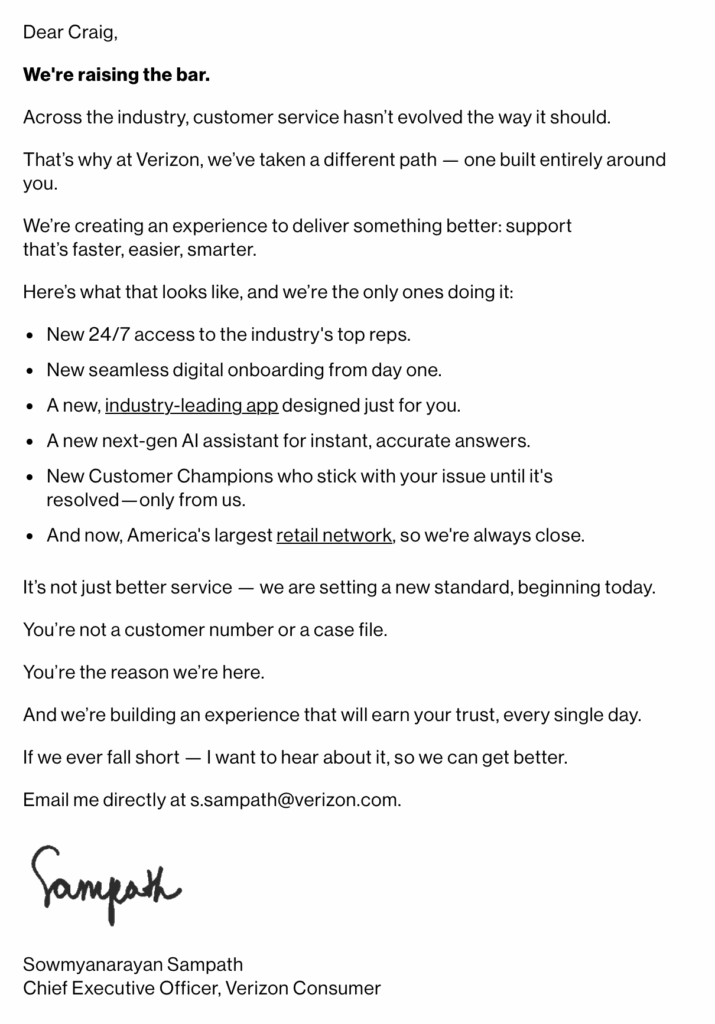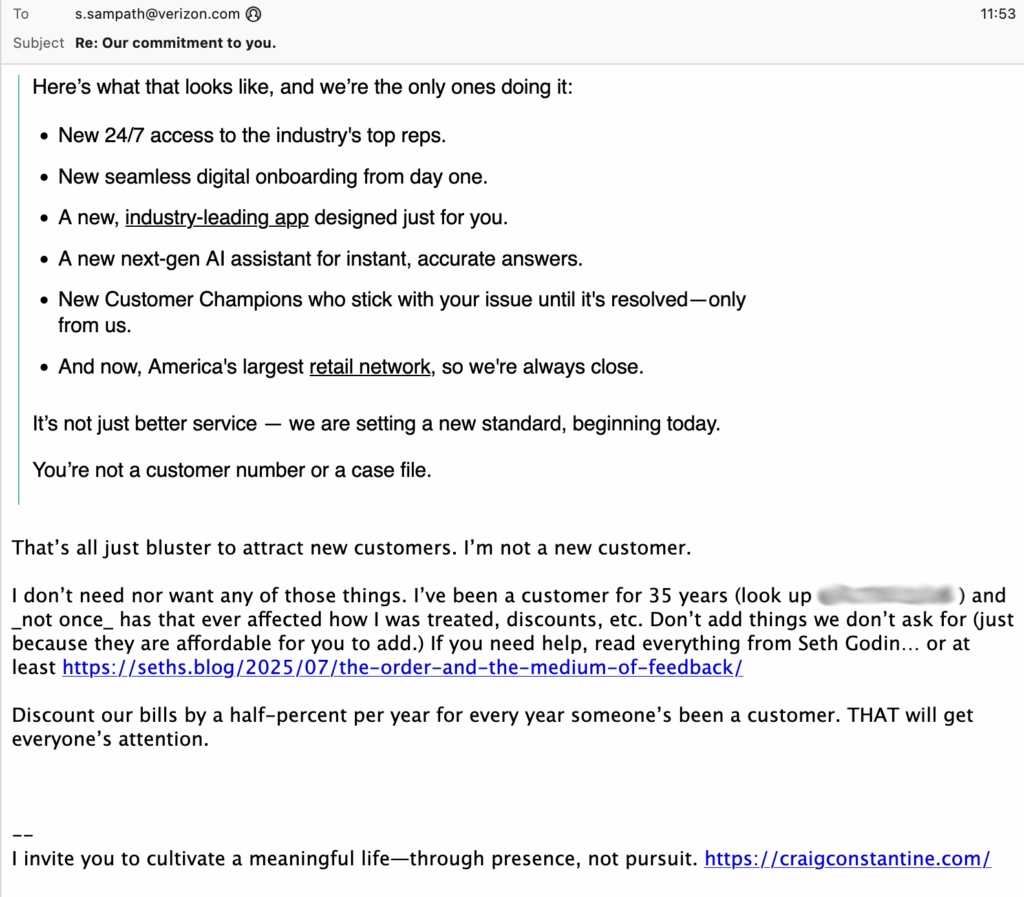The other morning I was spun off on a tangent. I was writing a blog post about a Godin/Koppelman podcast episode. I know full well you cannot link to episodes, so I just said the usual “go search…”
I sometimes give my blog post drafts to Claude.ai for critique. For this piece, it pointed out I should just link to the episode… cue my frustration. It’s a valid critique, and I don’t fault that Claude instance for not understanding the reality . . .
So we talked about it until it did understand. Then I told it to write me a prompt (because I didn’t want my writing critic going farther afield) for a Claude-code instance. It took Claude-code about 10 minutes to do the work, which I posted publicly for discussion:
Why you can’t link to a podcast episode
I particularly LOVE its list of sources; There’s so much great reading in there.
Its analysis actually surprised me. I had assumed this was a technical problem. It’s not.
There was a time when I’d make a web site, email people (eg James Cridland), and start trying to rally people into fixing something. But those days need to be behind me, I simply cannot take on another new thing.
My hope? Someone somewhere sees that topic over on the Podtalk Community. Learns something about the problem and gets energized to do something about it.
I love podcasting, but this isn’t a fight I can lead.
Maybe you can?
ɕ


